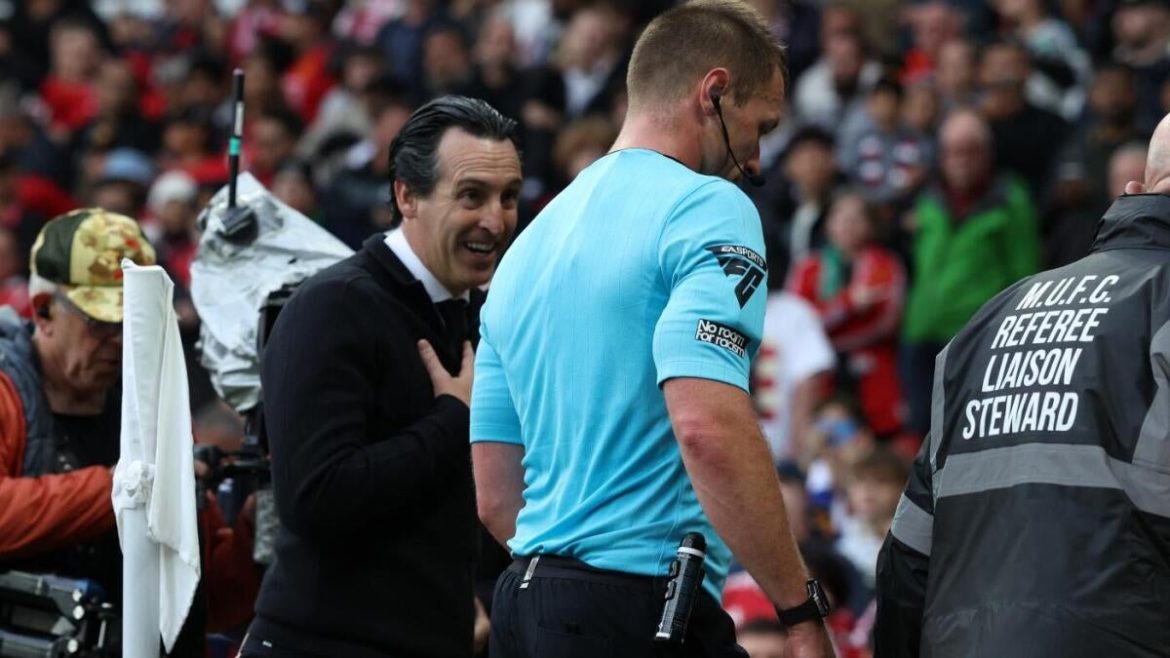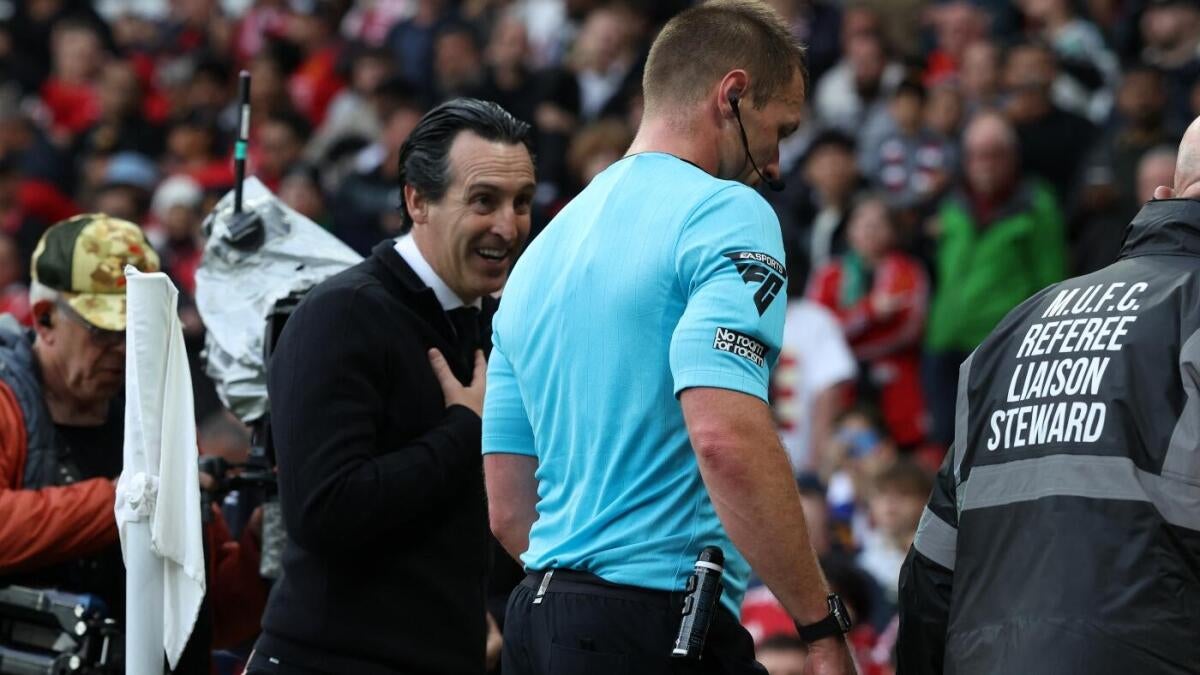Aston Villa’s Champions League Dream Crushed by Controversial Refereeing Decision
The final day of the Premier League season brought one of the most dramatic and emotionally charged controversies in recent football history, with Aston Villa’s hopes of Champions League qualification dashed by a highly contentious refereeing call during their match against Manchester United at Old Trafford. This report delves into the unfolding events, decisions made by the officials, the reactions from stakeholders, and the broader implications on Aston Villa’s season and English football.
The Crucial Match Context and Stakes
Aston Villa entered the last fixture of the Premier League campaign poised for historic achievement—they needed only a draw against Manchester United to secure a top-five finish, thus earning a coveted Champions League berth. Newcastle United’s simultaneous unexpected loss to Everton further sweetened Villa’s chances, reducing the points threshold required for qualification. The stakes could hardly have been higher, as Champions League football not only elevates a club’s prestige but also promises substantial financial windfalls and aids talent retention and attraction.
Manchester United, by contrast, were enduring a disappointing season and had little to play for other than pride. Despite this, the match was fiercely competitive, with Villa eager to capitalize on their favorable scenario.
The Controversial Incident: Morgan Rogers’ Disallowed Goal
The match’s pivotal moment arrived when teenage forward Morgan Rogers appeared to have put Aston Villa ahead after a determined effort that beat the Manchester United defense and goalkeeper. For Villans and their supporters, the goal signaled an almost certain passage into the Champions League. However, referee Thomas Bramall blew his whistle immediately before the ball crossed the goal line, signaling a foul on United’s goalkeeper, Altay Bayindir.
This preemptive whistle prevented the Video Assistant Referee (VAR) from reviewing the goal-scoring incident, as VAR protocol dictates that play must not have been stopped for a review to be possible. The decision hinged on the interpretation that Rogers fouled Bayindir by taking the ball out of his hands, a call disputed by Aston Villa players, management, and fans alike.
Reactions and Fallout: Fury, Frustration, and Accusations
The denial of the goal sparked near-pandemonium among the Villa squad, with manager Unai Emery vocally confronting Bramall after the match. Emery described the refereeing as a “big mistake,” lamenting the missed opportunity and its cruel timing. The players expressed palpable frustration, feeling robbed of what should have been a legitimate moment of triumph that could have rewritten their European ambitions.
Fans, too, reacted with disbelief and anger, with many highlighting the incongruity of the whistle being blown before the ball crossed the line and questioning why VAR could not intervene when the evidence suggested the goal was valid. Social media and fan forums around the world flooded with analyses challenging the referee’s decision, reigniting debates about the reliability and scope of VAR in crucial decisions.
Former Premier League referee Mike Dean weighed in, suggesting that instructions had potentially been misapplied by Bramall, underscoring the complexities and pressures faced by officials in split-second judgments. Yet, regardless of this professional insight, the controversy weighed heavily on the narrative of the match and the league outcome.
The Match Outcome and Its Impact on Villa’s Champions League Bid
As the match continued, Manchester United capitalized on the psychological advantage provided by the disallowed Villa goal. United scored twice through Amad Diallo and Christian Eriksen, sealing a 2-0 victory. Adding to the challenge was Villa losing goalkeeper Emiliano Martinez to a red card, reducing them to ten men and hampering their ability to mount a comeback.
The defeat ensured Villa finished sixth, just outside the Champions League qualification zone. Their dreams of elite European competition slipped away not merely due to the scoreline but, in significant part, due to the critical refereeing decision.
Broader Implications and Reflections on Officiating and VAR
This incident encapsulates the perennial tension in football between human refereeing fallibility and technological intervention. The preemptive whistle effectively nullified VAR’s potential corrective role, highlighting a procedural gray area in contemporary officiating frameworks.
For Aston Villa, the episode transcends a single game; it marks a moment of heartbreak that will likely be cited in future discussions of fairness and the psychological impact of officiating on teams’ futures. It also exemplifies the cruel twists football can take, where a few seconds’ judgment can alter a club’s trajectory significantly.
For the Premier League and football authorities, the controversy serves as a catalyst for reviewing protocols about whistle timing, VAR scope, and communication clarity to prevent similar incidents from undermining the integrity of results that have vast financial and sporting consequences.
Conclusion: The Agony of What Might Have Been
Aston Villa’s 2024-25 season might otherwise have been celebrated for securing a historic Champions League position. Instead, the narrative is dominated by a highly contentious refereeing call that left players, management, and fans grappling with a sense of injustice on one of football’s grandest stages. While the match was lost on the scoreboard, the wider defeat lies in the missed opportunity for vindication through technology and fair play.
This episode will linger as a cautionary tale about the limits of human judgment under pressure and the indispensable need for clear, consistent application of modern officiating technology. Aston Villa’s Champions League dream, though denied today, may yet inspire calls for reform and greater precision in the beautiful game’s decision-making processes.





